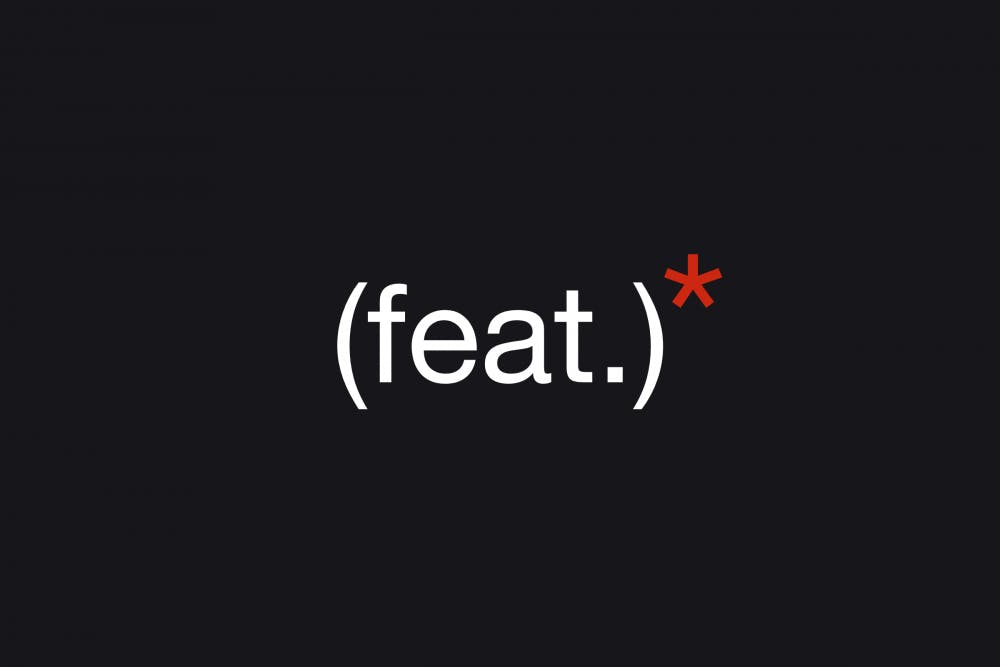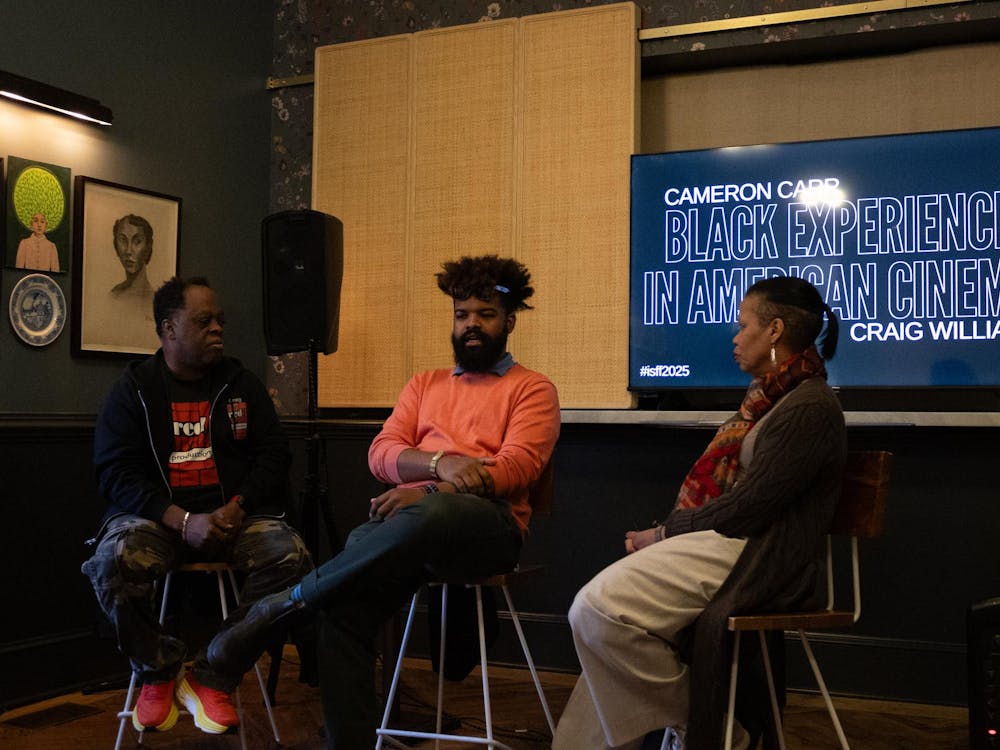In February, producer Salaam Remi released his third collaboration with singer Amy Winehouse and rapper Nas, called “Find My Love.” Like the two previous collaborations between Remi, Nas and Winehouse — 2011’s “Like Smoke,” and “Cherry Wine,” (2012) — “Find My Love” combines recent vocals from Nas with archival vocals from Winehouse.
The problem with the collaboration — to the extent that it is a collaboration — is that it inserts Winehouse into a contemporary debate over supporting artists accused of domestic violence. Last year, the singer Kelis — who divorced Nas in 2010 after a five-year marriage — alleged repeated physical abuse by the rapper, who has since denied beating women and claimed the altercations with Kelis were not “different from what most normal couples” do.
Whether Winehouse would have supported Nas amid the allegations is unclear. Several tracks Nas released prior to Winehouse’s death allude to violence against women, but none of those tracks were strictly autobiographical. Although a 2006 memoir from the mother of Nas’s first child alleged the rapper hit her “in the face with a closed fist,” that allegation attracted less attention than the allegation from Kelis, so it remains possible Winehouse was unaware of the alleged abuse. Even though Winehouse is not directly harmed by the actions of her estate, if she would have rejected a particular feature, releasing it still violates her artistic autonomy.
The point of assembling a track around posthumous vocals — which is more restrictive than building a track from scratch — is to draw attention to the collaboration. Without the wordless vocals from Winehouse, “Find My Love” would lose its distinction. The feature from Winehouse gives Nas an artistic victory amid public criticism, supporting a legacy tarnished by the #MeToo movement — whether Winehouse would have wanted it or not.
With Nas well past his commercial peak, “Find My Love” attracted less attention than a 2018 song with a posthumous feature, Lil Peep’s “Falling Down.” After Lil Peep died in 2017, Florida rapper XXXTentacion heard a version of the song online and recorded his own vocals. After XXXTentacion himself died last June, producers for each artist reworked the song to posthumously feature the Florida rapper.
The collaboration was controversial — XXXTentacion had admitted in 2016 to abusing his girlfriend and stabbing multiple people, and that same year, he confessed to assaulting a cellmate for “some gay shit” during an earlier stint in juvenile detention. Upon the release of “Falling Down,” several associates of Lil Peep, who himself identified as bisexual, objected to the collaboration — the rapper, they argued, would never have approved a feature from someone accused of homophobia and misogyny.
Since both XXXTentacion and Lil Peep died before “Falling Down” was assembled, it is not an arrangement either artist ever approved, further complicating any ethical consideration of the song. The original version, from 2017, featured rapper iLoveMakonnen singing different lyrics, and the spoken word interlude from XXXTentacion, recorded shortly before his 2018 death, came from recorded conversation, not intentional vocals. Yet “Falling Down” is a collaboration Lil Peep’s mother, Liza Womack, justified with deference to iLoveMakonnen, a co-writer and friend of Lil Peep who supported the release — according to Womack, the feature from XXXTentacion “was Makonnen’s choice.”
Construing the intentions of a dead artist is necessarily difficult. Some artists offer explicit instructions for finishing unfinished material — producers Jeff Lynne and Dhani Harrison, for instance, completed George Harrison’s 2002 studio album, “Brainwashed,” in part using recorded instructions from the late guitarist, and associates of electronic artist Avicii relied on notes and personal correspondence from the artist to finish the posthumous album “TIM” in 2019.
Like iLoveMakonnen for “Falling Down,” most posthumous releases rely on the judgment of those the artist associated with in life — Lynne and Dhani Harrison for “Brainwashed,” Yoko Ono for the 1984 John Lennon collaboration “Milk and Honey,” and a series of past Michael Jackson producers for the 2014 album “Xscape.” Even “Find My Love” has the authority of known collaborators — beyond her prior work with Remi, Winehouse was acquainted with Nas, writing the 2006 track “Me & Mr Jones” about the Queens rapper and sampling the 2002 Nas song “Made You Look” on her 2003 album “Frank.”
Other posthumous collaborations are more tenuous — in 2004, Eminem produced an entire album of posthumous 2Pac songs without ever meeting the California rapper, and on the 2018 album “Scorpion,” Drake reworked an unreleased Michael Jackson song without any indication Jackson had ever heard his music. Lil Wayne assumes a similar distance from XXXTentacion in the 2018 song “Don’t Cry,” and on the 2019 single “Redemption Day,” Sheryl Crow duets with Johnny Cash despite never performing alongside the country icon. Whatever their artistic merit, such collaborations are less ethically justified than releases with past collaborators, appropriating recordings without any pretense of adhering to artistic intent.
Sample culture has made recorded fragments — particularly those from dead artists — more usable. But where samples are iterative, referencing a common musical history, posthumous features are insular, repackaging unknown recordings for popular appeal. In this sense, posthumous features are often ahistorical, formulating compositions that for the dead artist never existed, but still releasing them under the dead artist’s name. The risk of posthumous features, then, is inauthenticity — fragmentary releases should adhere to how the artist intended to use them, not how estates can maximize profit.
The artistic process always involves unfinished work. Leaving room for living artists to experiment sometimes means leaving recordings unfinished in life unreleased in death. Rather than default to completing fragmentary compositions, those in charge of posthumous material should start from the assumption that unfinished work was left unfinished for a reason. Only when a posthumous feature respects artistic intent should it earn public release.







